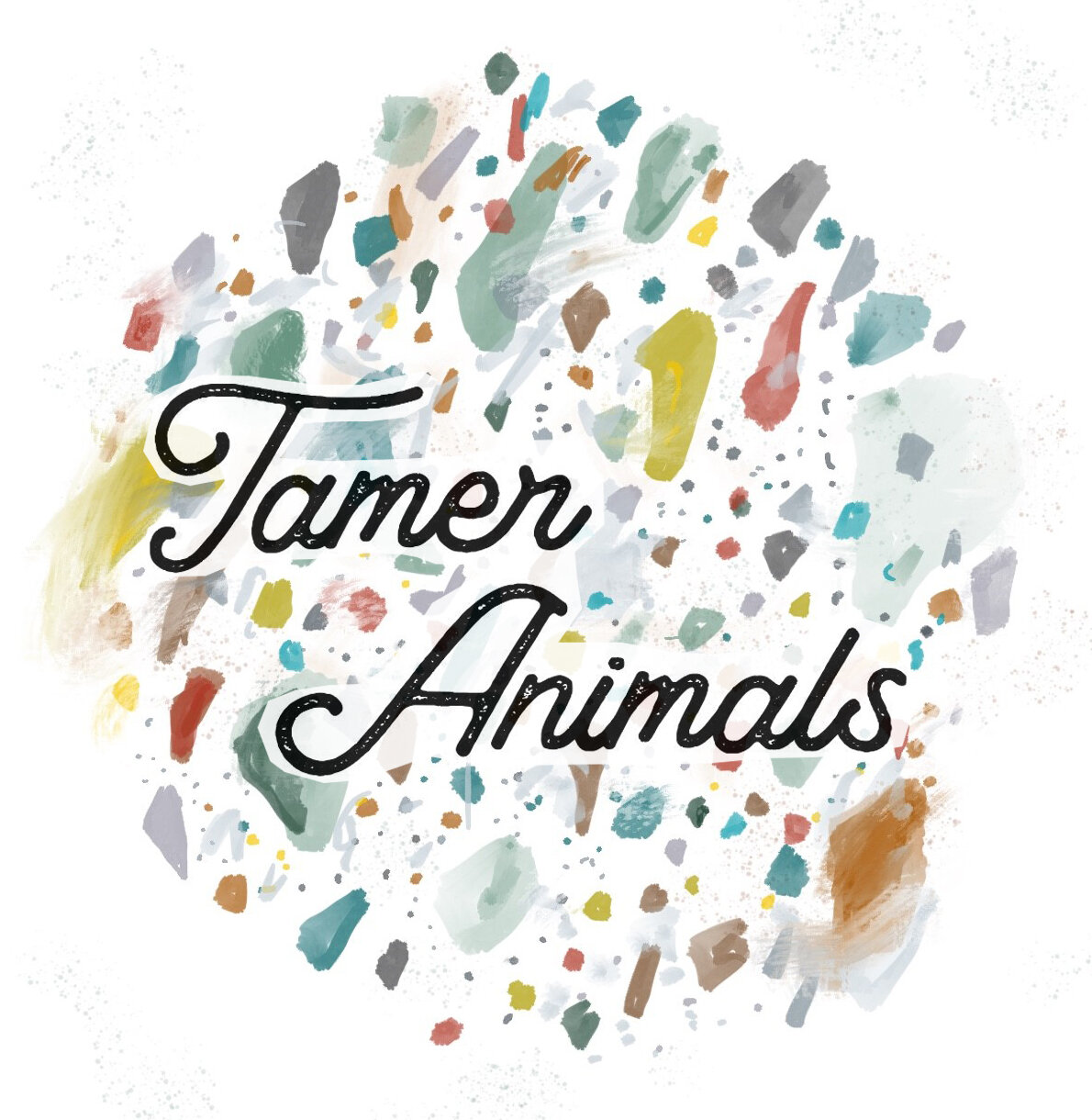I was the Hans Christian Anderson character in my family. That is to say, I was labeled the “Ugly Duckling” early on by my mother, and oddly enough her prophetic perception became reality as recently as a few years ago. My early childhood was spent being sickly, slamming doors, being an extremely annoying extrovert who was mutually socially awkward, running barefoot everywhere, and mispronouncing words like “oil.” There is always that one kid who doesn’t quite fit the mold of nuclear integrity; that one lone wayward duckling that isn’t quite pretty enough, isn’t quite popular enough, and isn’t quite worldly enough to pay much mind to. I lacked the tact of social convenience, the foundations of religious persecution, and the impertinent objectification of the “class” I was born into.
Some people seem to float through life and relay through events with seamless tranquility. I have never been one of those people, although I strive to be. Whether I was conveniently thwarted or simply constantly challenging the limitations I was given is immaterial, for I was blessed (or cursed) with the tenacious and passionate nature of my realistic, perfectionistic Sagittarean mother, who balked at convention and took life by the reins, horns, or whatever witty comparison can be included therein. From my father, a Leo who paraded his public life with great dramatic zeal and his private life with endless bouts of silence and detachment, I gained a sense of heightened drama and a vivid imagination but also a curious escapism from reality. This is the fate of children born of the merging of dreamers and realists: a profound clusterfuck of confusion that results from being pulled in two very different directions mentally and emotionally.
Things we are taught a kids shape who we are as adults, generally speaking. What did my parents teach us? Love without conditions; love without bounds or limitations. We we taught to be respectful but also to rise up and defend ourselves or the underdog when necessary. They also taught us to have humility; to not value the material world but the world that remained unseen; the intuitive world that transgressed the very foundations of society, religion, or economy. Perfection at all costs; expectations should be avoided as they inevitably lead to disappointment. Not to manipulate others or treat them unfairly; to maintain a sense of justice. To not feel entitled to anything. To know very heavily the consequences of right and wrong and to keep a moral compass at all times. To enjoy the little spectacles of life and mundane existence and to not dwell in the depths of pessimism. To balance our lives with our work. To make a name for ourselves and maintain a good reputation (because if we don’t do it for ourselves, who will?). These were some of the euphemisms and granules of wisdom ingrained into our brains at a young age.
You can spend the majority of your adult life in the bedroom, on the kitchen table, against the wall, and in the shower, but it bears no relation to civility if you don’t formulate your emotional intelligence with the appropriate degree of discernment and discretion. Maybe I took the wrong turn and ended up in the linen closet, or perhaps the carport was more to my liking, but regardless of the circumstances I drove off the cliff and went offtrack for a while.
Our society is one based on discretion, where we keep ourselves garnered in morality’s formal attire, afraid of change and never above suspicion. I feel like I, for one, have always been on the very precipice of morality’s biases. Submissive and dominant I often have trouble knowing where my place is. Perhaps it is because I was born on a cusp, or just that I was born to two very different families. My great-great-great-great-great Grandfather was a French noble on my father’s side, and an even greater woman (Whistler’s mother) can be found on my mother’s side. But where does that leave me? Entitlement, people say, can be attributed to intense egotism. And me? I don’t feel entitled to anything.
